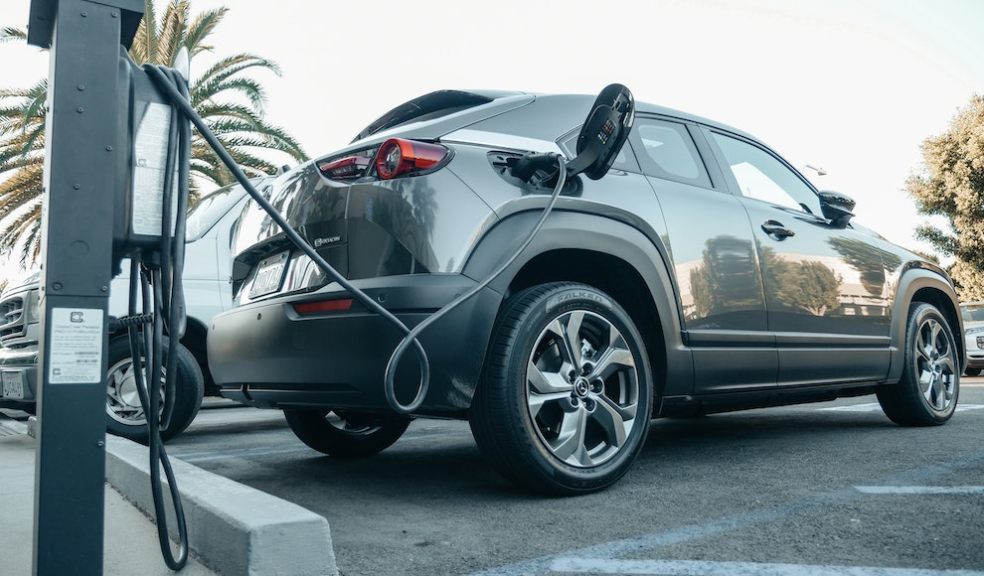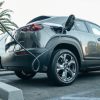
Electric vs. Hybrid Cars: Which is Right For You?
As concerns over climate change and air pollution grow, drivers are increasingly turning to eco-friendly vehicles to reduce their environmental impact. Electric and hybrid cars have emerged as popular alternatives to traditional petrol and diesel vehicles, offering lower emissions and improved fuel efficiency. However, deciding between an electric or hybrid car can be a difficult choice, with each option offering its own unique set of benefits and considerations. In this blog, we'll explore the key differences between electric and hybrid cars to help you determine which option is the best fit for your needs.
Understanding Your Options: Electric and Hybrid Cars
Before diving into the pros and cons of electric and hybrid vehicles, it's essential to understand the distinctions between these two types of green cars. Electric vehicles (EVs) are powered solely by electricity, with no internal combustion engine. They are charged by plugging into an external power source and store electricity in a battery pack. Hybrid vehicles, on the other hand, combine an internal combustion engine with an electric motor and battery, using both petrol or diesel and electricity as power sources. The growing popularity of electric and hybrid cars has led to an increase in electric and hybrid car leasing options, making these vehicles more accessible to a wider range of drivers.
Electric Cars: Weighing the Benefits and Drawbacks
Electric vehicles offer several advantages, such as zero tailpipe emissions, lower operating costs, and a quiet and smooth driving experience. As they are powered solely by electricity, they produce no tailpipe emissions, making them an environmentally friendly choice that helps reduce air pollution in urban areas. Furthermore, electricity is generally cheaper than petrol or diesel, making EVs more cost-effective to run. Electric cars also have fewer moving parts than traditional vehicles, which can result in lower maintenance costs.
However, electric cars also have some drawbacks, including limited range and the need for charging infrastructure. While the range of EVs has improved significantly in recent years, electric cars typically offer a shorter driving range than hybrids or petrol-powered vehicles. This can be a concern for those who frequently take long trips or do not have easy access to charging infrastructure. Additionally, although charging infrastructure is continually expanding, it may still be less convenient than refuelling a petrol or diesel vehicle, especially in rural areas or on long journeys.
Hybrid Cars: Balancing Efficiency and Convenience
Hybrid vehicles offer a range of advantages, including improved fuel efficiency, greater driving range, and serving as a transition to electric vehicles. By utilising both an internal combustion engine and an electric motor, hybrids can achieve better fuel efficiency than traditional petrol or diesel vehicles, helping to reduce both emissions and fuel costs. Hybrid cars generally have a longer driving range than electric vehicles, as they can rely on their petrol or diesel engines when the battery is depleted. This can be particularly appealing for drivers who take long trips or are concerned about range anxiety. Moreover, for those interested in electric vehicles but hesitant to make the full leap, hybrids can serve as a stepping stone, providing some of the benefits of electric cars while still offering the convenience of a petrol or diesel engine.
However, hybrid cars also come with some downsides, such as less environmental benefit and increased complexity. While hybrids produce fewer emissions than traditional petrol or diesel vehicles, they still emit more pollution than electric cars, making them a less environmentally friendly choice. Additionally, as hybrid vehicles combine two power sources, they can be more complex and potentially more expensive to maintain than electric cars.
Ultimately, the decision between an electric or hybrid car will depend on your individual needs, preferences, and driving habits. Consider factors such as driving range, environmental impact, operating costs, and the availability of electric and hybrid car leasing options



















